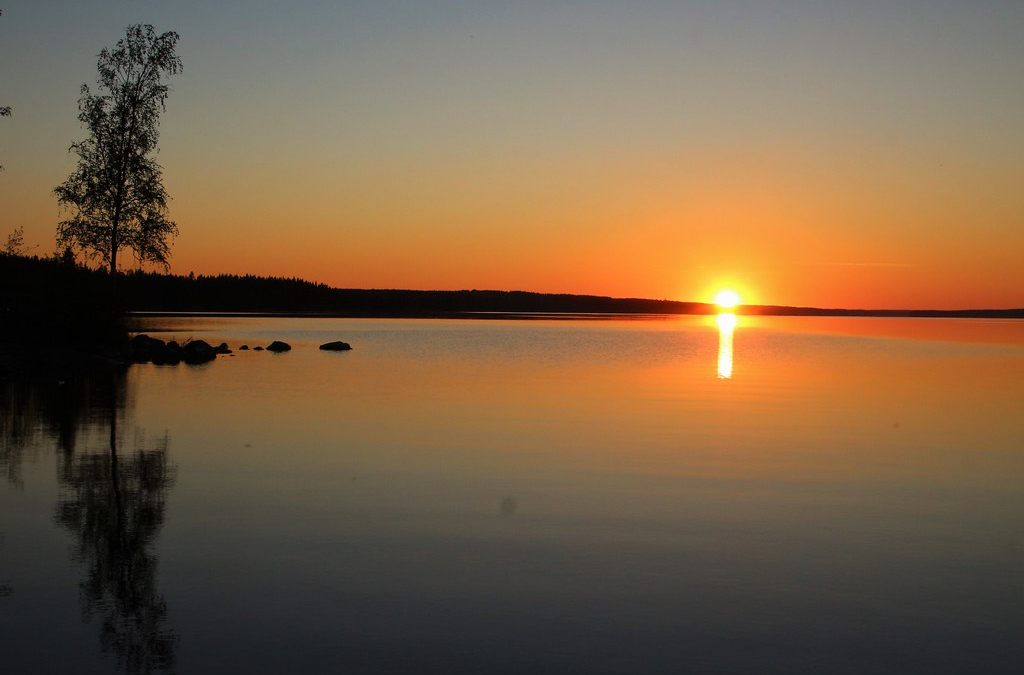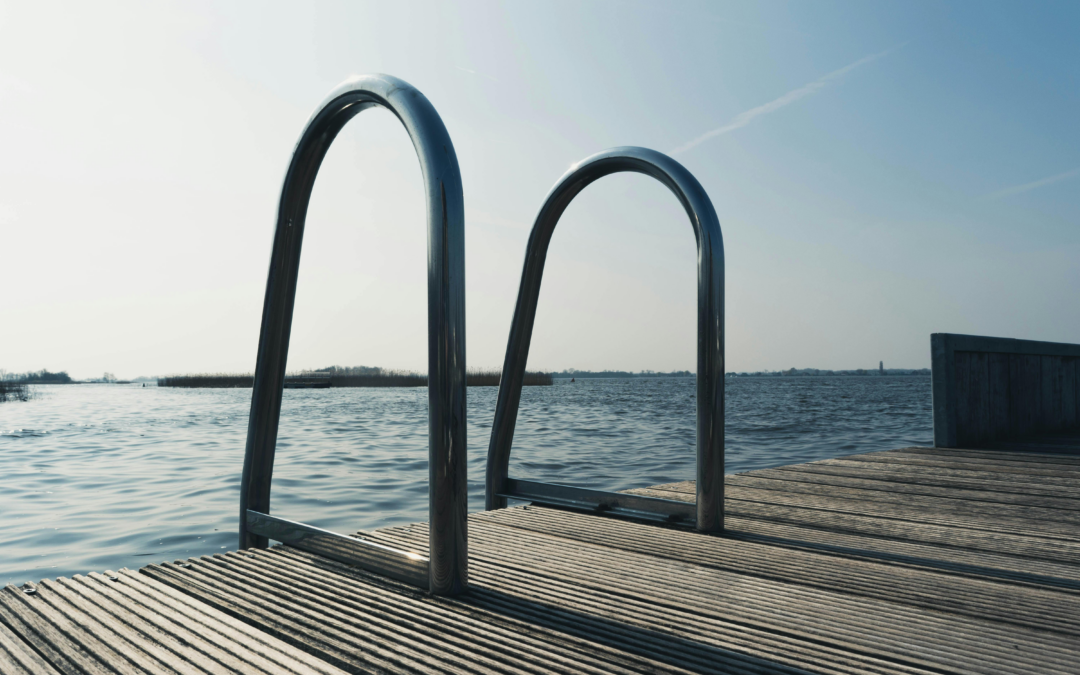
Beshallach 5785: Don’t Make It Worse, Make It Better—Maybe
I don’t have much occasion to go in the backyard during the winter. For starters, January is pretty cold in Chicago, and the dog is perfectly fine if we just let her out the door to do her business and then run back in.
But the other day it was a little warmer, and Phoebe seemed like she would enjoy playing fetch. So I bundled up and took her out.
After a few rounds of catch and release with a stick, my eye noticed a large ice formation on the side of the house—under an outdoor faucet. Channeling my inner Moses, I thought, “How wondrous is this sight.” So I went to look.
Turns out we had a leak that, drip by drip, had built up into quite a large piece of work over the weeks.
Like a lot of homeowners, we have a membership to a service that supposedly vets and rates professionals to come to your house and fix stuff. While we had someone there, I figured they could also repair another outdoor faucet in our side yard that wasn’t working properly. I knew that the expensive plumbing service we’ve used for major repairs in the past would take a week or more to come (they’re popular), and there was an offer from this online outfit to send someone the next day for a good price. So I took it.
Lesson learned (again): You get what you pay for. The guy was nice enough, but he didn’t have the right parts, so he went and found some cheap PVC plastic spout that would take care of the leak and would also fix the other faucet.
Which it did—until the next day, when I arrived home from a walk with the dog to notice a giant puddle forming on our driveway. I went to investigate, and the workman’s cheap fix had exploded. The side yard faucet was now gushing water, and the backyard faucet had sprung a leak too—worse than the original!
I turned off the faucets from the basement to stop the gushing (something the repairman had neglected to do), and then I called the expensive plumber. They’re coming next Thursday. The online outfit gave me a refund when I told them I’d cancel my membership.
As I reflected on this story, I found the words of Gil Fronsdal ringing in my ears. Gil, who I’ve mentioned in this space before, teaches a wonderful short maxim of mindfulness: Don’t make it worse. We may not always be able to make things better, at least not right away. But generally we can try to avoid taking action, in word or deed, that makes it worse. As my case illustrates, good words to live by. Oops.
Now you might say, “Don’t make it worse” seems like a low bar. It’s not exactly the prophet exhorting us to “break every yoke and let the oppressed go free” (Isaiah 58:6). But, shifting into some other registers, I find that it’s often a very high bar indeed. As a partner or a parent, it’s not unusual to find myself trying to discern whether and how best to communicate a thought or feeling: Say the wrong thing at the wrong time, and I can definitely make things worse. The same goes with relationships at work, in friendships, with my neighbors, or as a citizen. And as a (very minor) public figure, it’s a question I think about all the time: Are the words or actions that I’m contemplating going to improve things, or make them worse?
And on a deeper level, this is a two-step I think we do all the time. It’s reflected in the rhythms of Shabbat: Engage in the world for six days, withdraw from the world for one. Or, as my colleague Rabbi Marc Margolius teaches, engage for six minutes or six seconds, withdraw for one. (This is microdosing Shabbat, as Marc says.) This reflects a feature, not a bug, of the human condition: a little higher than my dog, who is constantly engaged with the world; a little lower than the angels, who exist on another plane.
“A person must consider himself as nothing, forgetting himself completely and praying only for the good of the Divine Presence,” teaches the Ba’al Shem Tov. “Then he can attain a level that transcends time – the world of thought, where everything is equal: life and death, ocean and land. This is the meaning of the Zohar: ‘Why do they cry to Me?’ (Exodus 14:15) – ‘to Me’ specifically, for the matter depends upon Atik, that part of the Divine that is beyond all duality and difference.’ The Israelites had to abandon themselves completely and forget their own danger in order to enter the World of Thought, where everything is equal.”
This is a lofty teaching from the Besh”t: If we can withdraw from, or transcend, the physical world, then we might behold the infinitely deeper reality that lies beyond its appearance. That’s what happened when our ancestors crossed the sea.
Yet consider this teaching of Rabbi Kalonymos Kalmish Shapira on the very same words, from two centuries later: “The Blessed Creator cares more about the dignity of the people of Israel than God’s own dignity… And since Moses prayed before the Holy One for God’s honor, God responded, ‘Why do you cry out to me?!’ Which is to say, ‘Why do you cry out to me for my sake? Rather, speak to the children of Israel and tell them to move!’ More than I care about my own dignity, I care about the dignity of my people.”
Rabbi Shapira would seem to push against the Ba’al Shem Tov: In a moment of such dire worldly concerns, God doesn’t want our self-abnegation and transcendence—God wants our action, our very physical engagement with the world.
Both readings are true, of course, and one may be more true than the other depending on the circumstances. Both can be, and probably are, even true simultaneously.
An essential part of our practice is discerning the circumstances in which we find ourselves, determining whether this is a moment for engagement or withdrawal, action or rest, speech or silence. We do this all the time—in our relationships, our work, our citizenship. We aim to hold, simultaneously, in our minds, hearts, and hands, the goal not to do harm and actively repair the world.
This a difficult practice. But it is one we are invited to engage in every cycle of Shabbat and the workweek, in the unceasing flow of moments of engagement and withdrawal, Shabbat and chol. May we be blessed to practice it and manifest it in our lives today.





